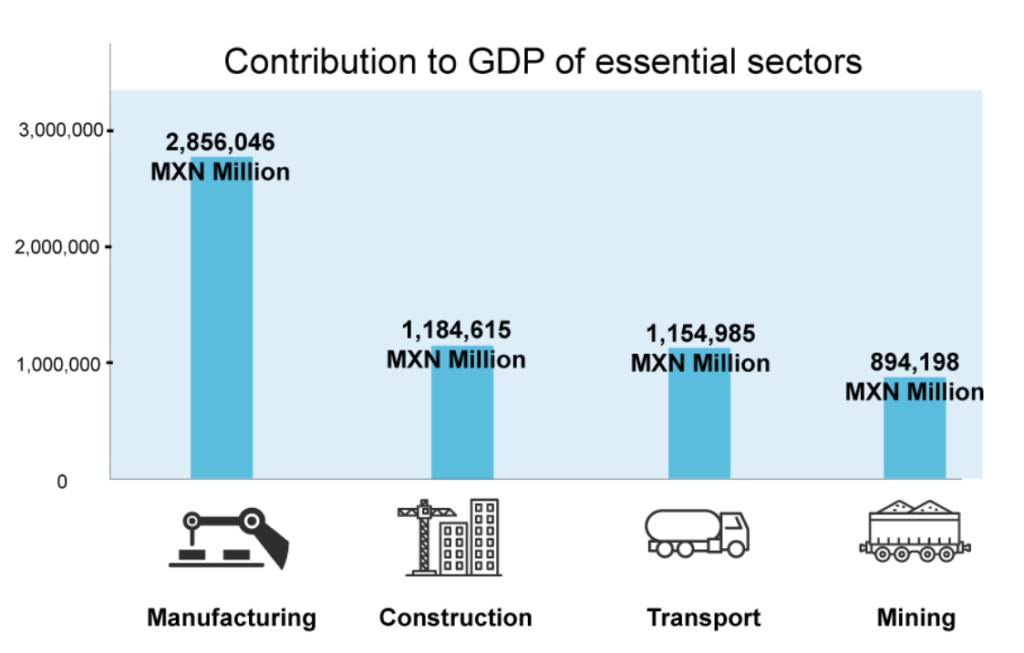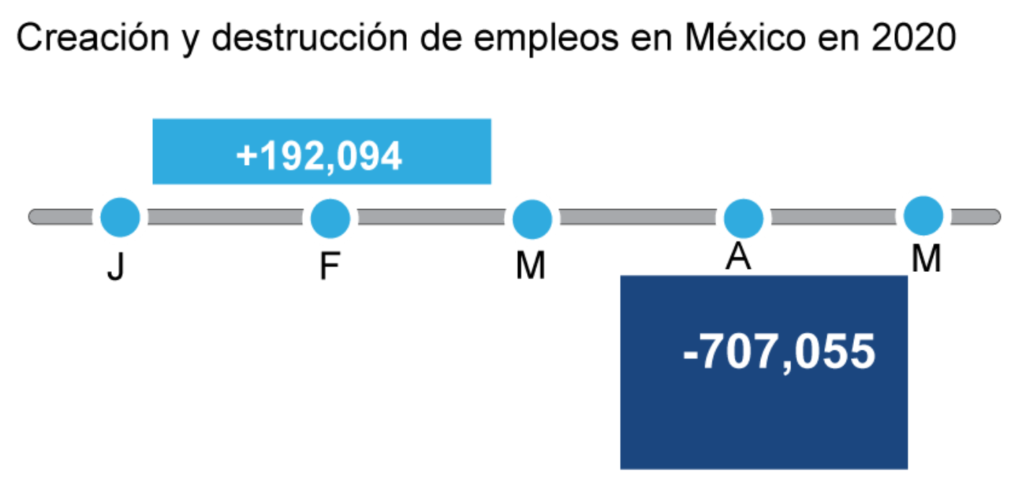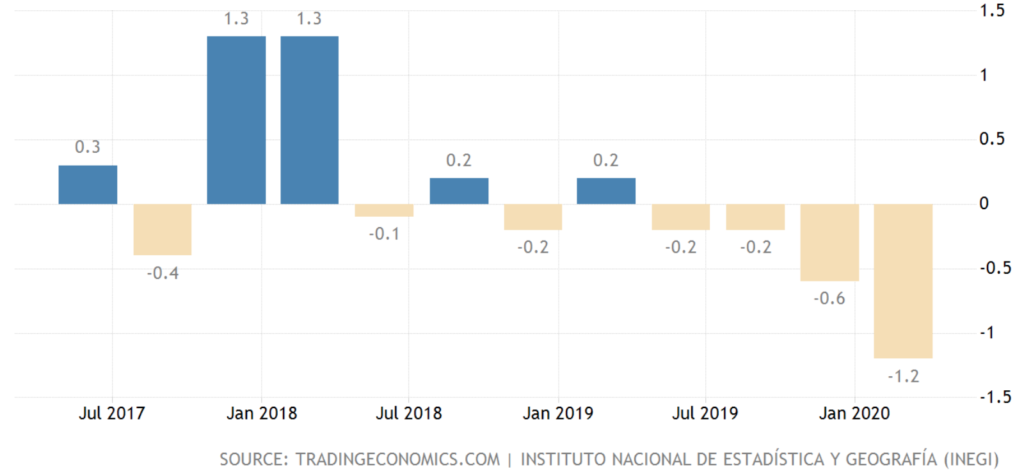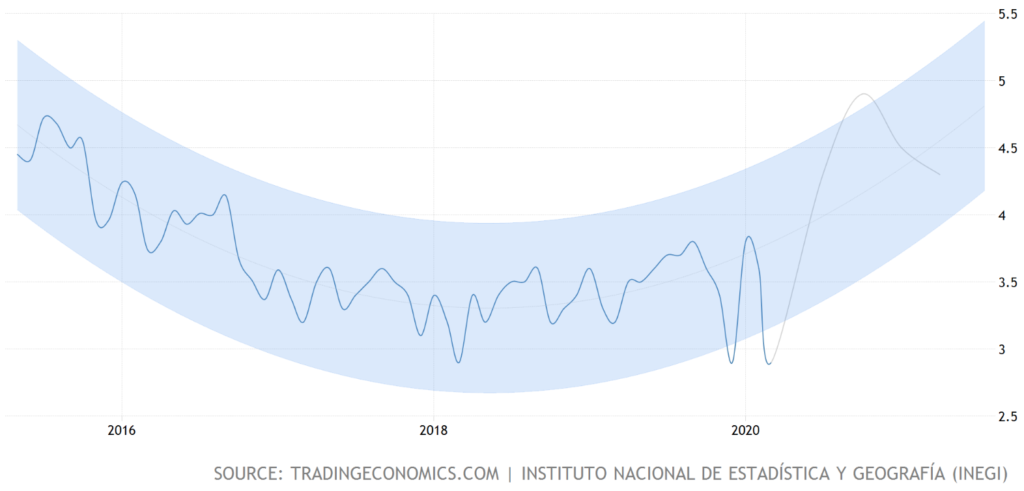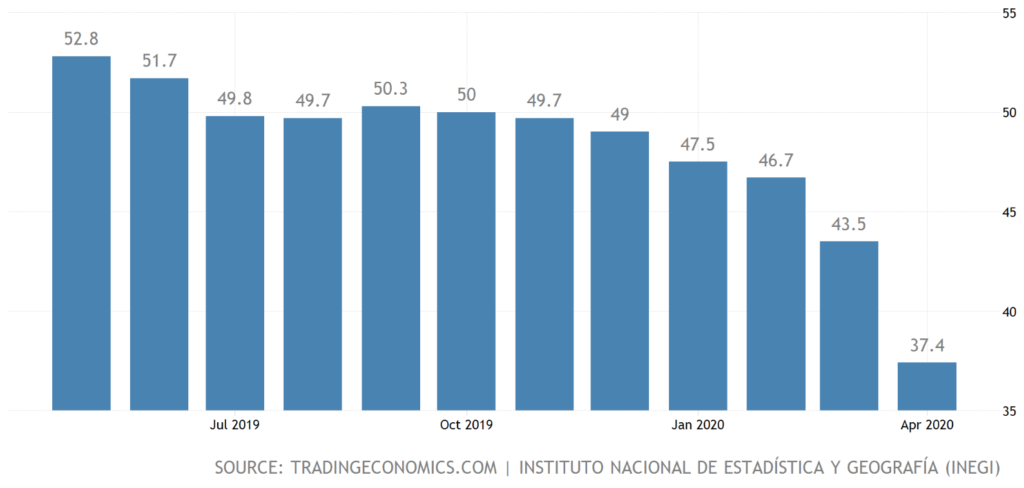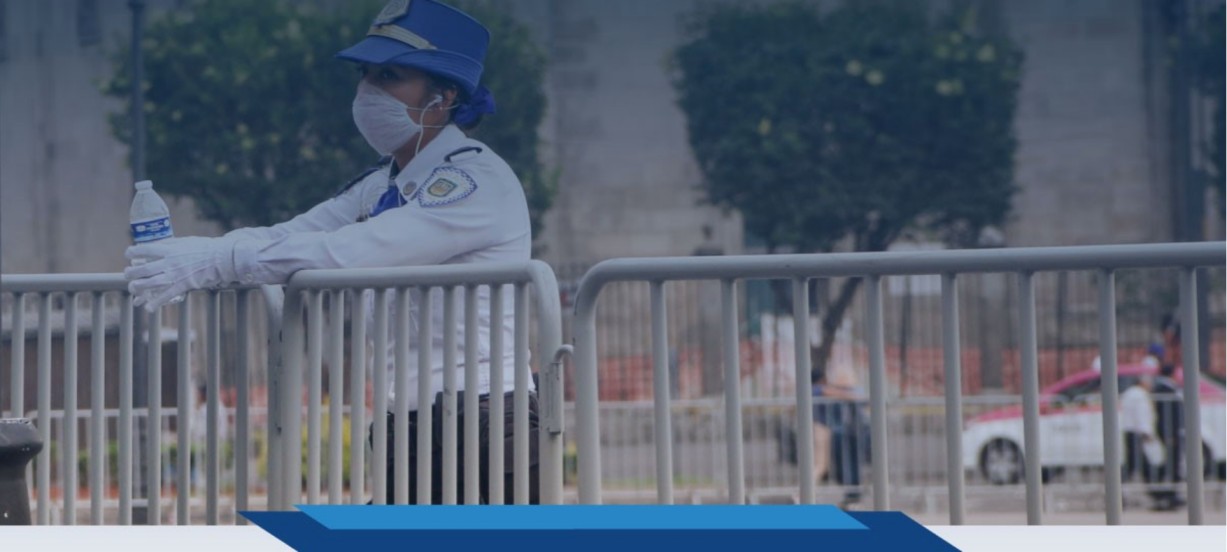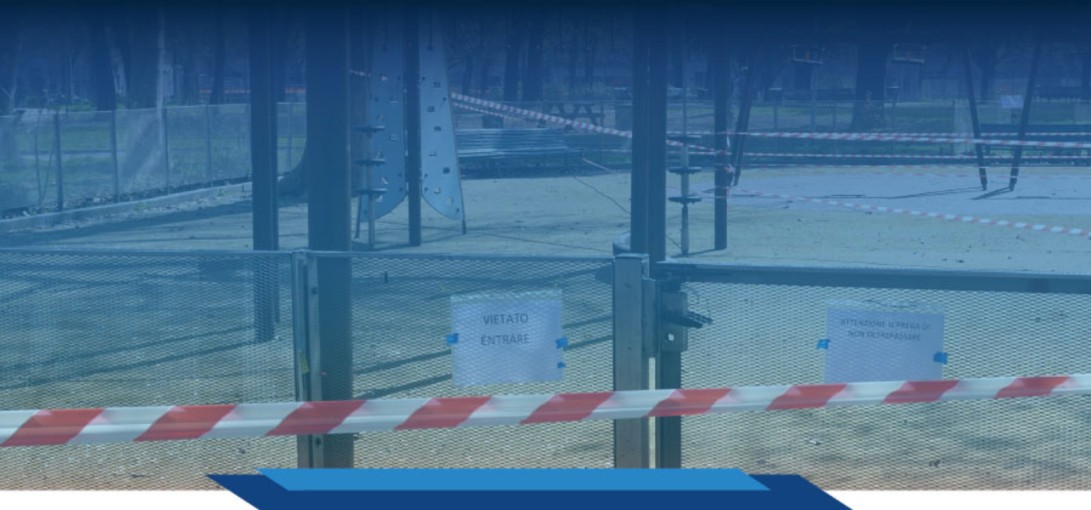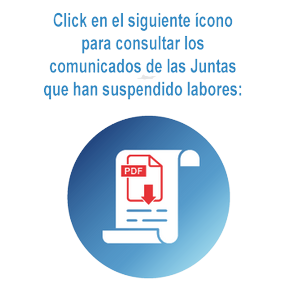In the context of the “New Normal”, and in light of the expectation of certain companies to resume activities in September, we share the most relevant guidelines and the additions that have been made to such guidelines by local authorities in the main cities of the country.
As we have informed in previous newsletters, on the occasion of the resumption of activities in the workplaces, the federal authorities established guidelines according to which each local community has issued certain rules and requirements to avoid risks of contagion of SARS CoV- 2.
In general terms, at the federal level, the “Technical Guidelines for Health Safety in the Workplace” were published, which establish the principles and strategies related to health promotion measures, health protection and care for vulnerable people, which should be considered in the development of the Health Safety Protocol.
As of June 1, the “Health Alert System” was implemented, in which the federal authorities have defined the degree of risk of contagion, distinguishing different levels according to a traffic light system that consists of four levels: red, orange, yellow and green - from highest to lowest risk of contagion.
With respect to Mexico City, on May 29th, the Guidelines for the Execution of the Gradual Plan towards the New Normal were published in the Official Gazette, in terms of which the New Normal will be implemented in a gradual and progressive way in the economic, labor, social, educational, cultural, transportation and governmental activities in Mexico City.
However, on July 28 and 31, several modifications to the Guidelines for the Execution of the Gradual Plan towards the New Normal were published in the Official Gazette, highlighting the following special obligations at the local level:
Those responsible who resume work must obtain a Letter of Commitment, for which it is necessary to register on the platform http://covid19.cdmx.gob.mx/medidassanitarias, entering the general identification data requested by that platform. In the case of multi-plant companies, each plant needs to be registered individually.
- In addition to the previous requirement, medium and large companies must have a policy of non- discrimination for coronavirus (or, if appropriate, include a wording in this regard in the code of ethics).
- Before resuming physical work, employees must carry out a self-assessment to identify any signs of contagion; the different means through which one can carry out the assessment are as follows:
- Free text message (SMS) with the word “covid” to the number 51515;
- On the website https://test.covid19.cdmx.gob.mx/;
- By calling the Locatel telephone number 5658- 1111; or
- By sending a direct message to the official account of the Government of Mexico City on facebook (https://www.facebook.com/GobiernoCDMX/) with the word “covid”.
- The testing obligation only applies to companies with a workforce of more than 100 employees, physically present at the workplace.
- For the purposes of the foregoing, a workplace is understood as the place, such as buildings, premises, facilities and areas, where exploitation, development, production, marketing, transport and storage or service provision activities are carried out, and where persons who are subject to a formal employment relationship;
- In this situation, a test must be applied bi-weekly to 3% of the employees who are physically providing services in the workplace;
- The results of each scheduled test must be reported to Locatel (please note that this service is not accepting the results of the “rapid tests”, since only the result of the RT-PCR type test will be considered valid);
- In order for the employer not to assume the cost of each individual test, there is the alternative of doing “group tests”, which consist of taking samples from up to 15 employees and combining them to be processed in a single test;
- They must ensure that each employee in the tested group performs a self-assessment to identify any symptoms of covid-19; and in the event that a group test is positive, they must order home quarantine for the entire group and test each employee in this group individually;
- When the obligation to carry out tests applies, the company must report the information regarding the workplace and the results of the tests performed every Monday of each week through the following website: https://empresaresponsable.covid19.cdmx.gob.mx/. Once this process is completed, a covid-19 test report will be generated through the platform itself, accrediting compliance with this obligation.
In certain states, such as Nuevo León, the established guidelines are aligned with those issued by the federal authorities, and to date they remain in effect without any modification or addition according to the stage of socioeconomic reopening in which they are. This is in accordance with the Weekly Health Alert System by Regions.
In the case of the State of Jalisco, the state authority issued the General Guidelines for Safety and Hygiene in the Workplace for Economic Reactivation in relation to the Health Emergency caused by COVID-19, which are in accordance with the federal authorities. These can be consulted using the link: https://periodicooficial.jalisco.gob.mx/sites/periodicooficial.jalisco.gob.mx/files/05-17-20-ter.pdf.
In particular, a “Surveillance Model and Application of Tests for Companies” (or “MOVAPE”, by its Spanish acronym) was established, that obliges companies to register on the SIRA platform: sira.jalisco.gob.mx., in order to designate a link that will maintain communication with the Government of Jalisco. If the company has less than 100 workers per workplace, a sampling will be done according to which the authority will select certain companies, based on epidemiological surveillance criteria, to apply the ordered PCR tests to certain employees.
Companies with more than 100 employees per workplace will be notified by e-mail of the start of the epidemiological surveillance program, and the company must select at least 1 person every 15 days to carry out a PCR test, following the instructions of MOVAPE. This process must be repeated in 15-day cycles and different people must be chosen each time.
At MGGL we adapt to our clients’ needs to design protocols that fit their operational and commercial objectives, acting as strategic allies throughout the implementation of measures applicable in every industry sector and region.




